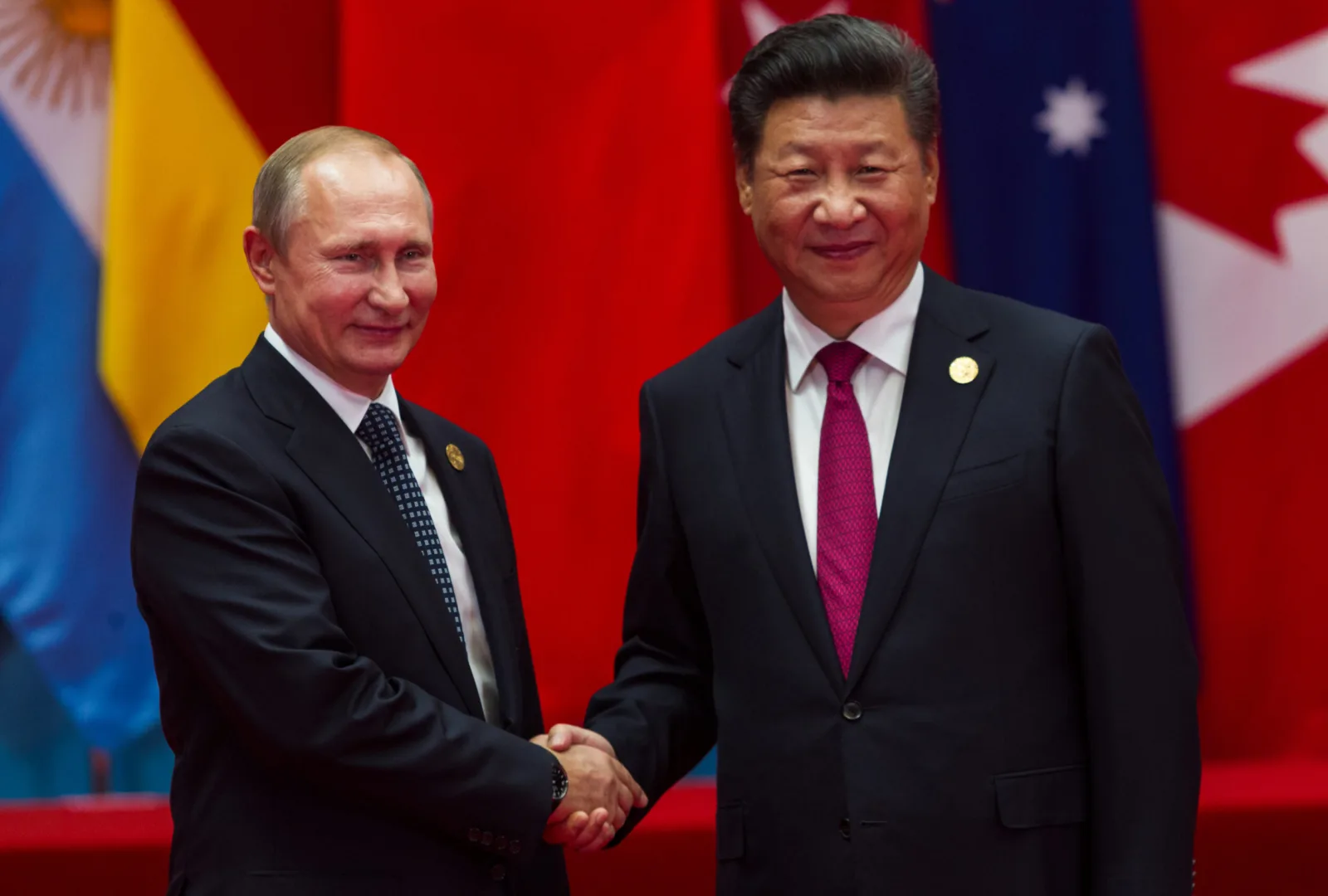Russia, China and the West in the Post – Cold War Era: The Limits of Liberal Universalism
The post-Cold War era of U.S. hegemony was described as having achieved “the end of history.” It was a time when Western elites expected all nations to converge into liberal democracies practicing free-market capitalism. Thirty years later, we see the collapse of this belief both at home and abroad as we are now witnessing a revival of populism domestically and the rise of rival states internationally. A new book from Quincy Institute Research Fellow Suzanne Loftus, Russia, China and the West in the Post – Cold War Era: The Limits of Liberal Universalism, looks at great power relations in the post-Cold War era from a structural and identity perspective. It analyzes the following aspects of the “post-Cold War” era: the management of the U.S.-led “liberal international order”; the deterioration of Russian-Western relations; and the normative and structural significance of the rise of China. It argues that the war in Ukraine is the result of conflicting norms and power structures that were not given the space to co-exist in the European geographical space. It also posits that multipolarity is already upon us and that we should not fear it or seek to prevent it by engaging in reckless and dangerous power struggles. Rather, multipolarity is an international arrangement that is manageable if pluralism and pragmatism are applied in U.S. policy. To discuss these issues, Suzanne will be joined by two distinguished fellow panelists who will comment on the book and its arguments: Dr. Richard Sakwa, British political scientist, and Matthew Blackburn, Senior Researcher at the Norwegian Institute of International Affairs (NUPI). Anatol Lieven, Director of the Eurasia Program at the Quincy Institute, will moderate.
Program
Panelists

Richard Sakwa
Richard Sakwa is a British political scientist and a former professor of Russian and European politics at the University of Kent, a senior research fellow at the National Research University-Higher School of Economics in Moscow, and an honorary professor in the Faculty of Political Science at Moscow State University. He has written several books about Russia, Central and Eastern European communist and post-communist countries, including his most recent, Deception: Russiagate and the New Cold War (2021).

Matthew Blackburn
Matthew Blackburn is a Senior Researcher in NUPI's Research Group on Russia, Asia and International Trade. His main research agenda addresses the politics of contemporary autocracies in Russia and Eurasia, including both domestic politics and interstate relations. He researches subnational variation in Russian society and regional politics, and studies how contemporary authoritarian regimes evolve, alternating between periods of stabilization, normalization and mobilization.

Suzanne Loftus
Suzanne Loftus is Research Fellow at the Quincy Institute’s Eurasia Program. She specializes in Russian foreign and domestic policy, nationalism and identity, and strategic competition between the great powers. Prior to arriving at the Quincy Institute, Suzanne worked for the Department of Defense as Professor of National Security at the George C. Marshall European Center for Security Studies in Germany. Suzanne obtained her PhD in International Studies from the University of Miami, where she also taught classes in international relations and security studies.

Anatol Lieven (Moderator)
Anatol Lieven is director of the Eurasia Program at the Quincy Institute for Responsible Statecraft. He was formerly a professor at Georgetown University in Qatar and in the War Studies Department of King’s College London. Lieven worked as a British journalist in South Asia, the former Soviet Union and Eastern Europe, and is author of several books on Russia and its neighbors including Ukraine and Russia: A Fraternal Rivalry (199). His most recent book is Climate Change and the Nation State (2021). He holds a BA and PhD from Cambridge University in England.
